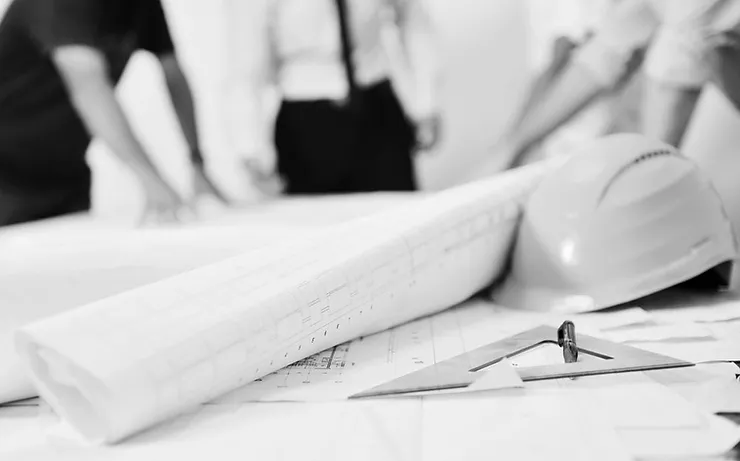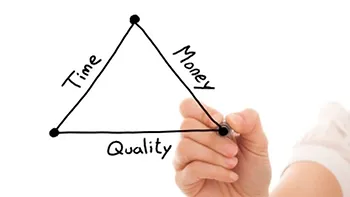
As engineers, we value practical efficiency. Even though the problem may be complex we try, when possible, to find the simplest solution. Why “reinvent the wheel” if it is not necessary? This applies to the selection of things like materials to be used, the process to be incorporated, previous alternatives that may be employed, etc. So often it is about achieving the optimum result in as reasonable a time frame as possible. Although not the only factor, the truism “time equals money” is relevant to both the engineer as well as the client.
It is commonplace to have to prepare a budgetary proposal for the client before being awarded the project. The quotation typically involves laying out a reasonably detailed scope of work to be followed, the anticipated amount of time to be taken, and, of course, the cost. As consulting engineers, the only thing we have to sell along with our expertise is our “time”. The amount of time taken in preparing the quotation is directly related to how clear and complete is the initial information provided. That time is often regarded as the “cost of doing business” and factors, one way or another, into the engineering business’ bottom line.
But that is only where it begins. If the job is successfully secured, then there is always additional time required to obtain the detailed specs and the inevitable follow-up queries. The answers received from the customer will only be as useful and applicable as the questions asked by the engineer. How efficiently this proceeds as well as the “lag time” the client takes in getting back with the information will usually make or break the promised deadline.
For any engineering project, there is no substitute for high-quality work. However, an efficiently planned, organized, and monitored project will usually be a project that comes in on time and consequently on budget. Time is the one commodity of which we never have enough. Therefore use it wisely.


